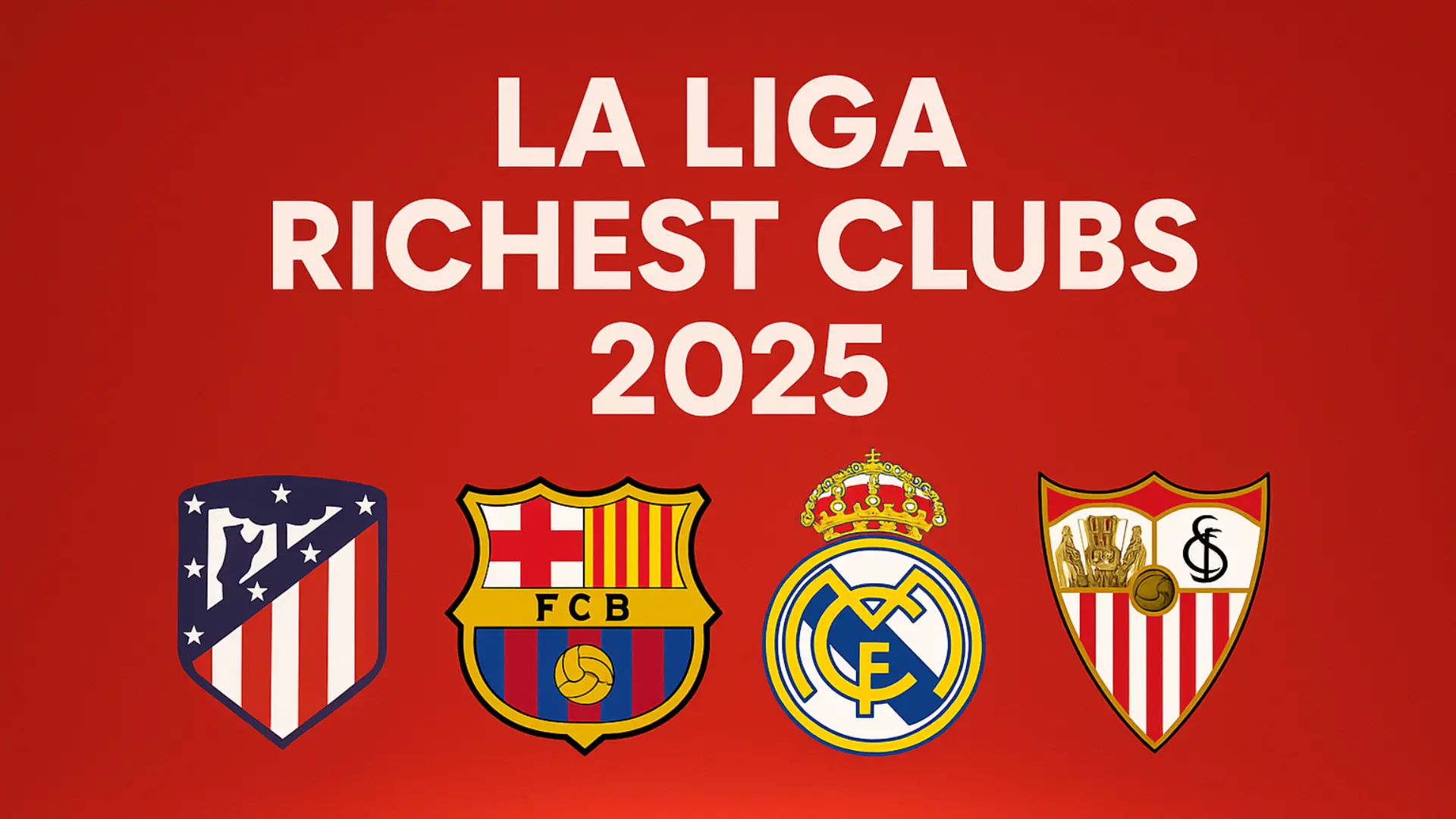Meta Defies EU's AI Code: Zuckerberg’s Bold Rejection Sparks Tensions with Brussels

Meta has thrown down the gauntlet in Europe’s high-stakes AI standoff. Just weeks before the European Union’s AI Act begins to take effect, the tech giant has refused to sign the EU’s new voluntary Code of Practice—drawing a clear line in the sand over what it views as excessive regulation.
In a strongly worded post, Meta’s head of global affairs Joel Kaplan blasted the EU’s framework as “legal overreach,” claiming it threatens to choke innovation and derail Europe’s ability to compete in the global AI race. “We won’t be signing it,” Kaplan wrote on LinkedIn, citing unclear obligations and unfair restrictions that go “far beyond the AI Act.”
The Code, unveiled earlier this month, outlines how companies should document their AI models, ban the use of pirated content, and comply with opt-outs from content owners. It’s meant to be a roadmap for compliance—but Meta argues it’s more like a straightjacket.
This public refusal adds fuel to an already fiery transatlantic tech debate. While companies like OpenAI and Google brace for the August 2 deadline that kicks off broader AI restrictions across the EU, Meta is taking a defiant stance, accusing lawmakers of stunting European startups and AI research.
Whether Meta’s gambit is bold leadership or risky rebellion remains to be seen—but one thing is clear: the battle over AI’s future is heating up fast.

Disclosure: This list is intended as an informational resource and is based on independent research and publicly available information. It does not imply that these businesses are the absolute best in their category. Learn more here.
This article may contain commission-based affiliate links. Learn more on our Privacy Policy page.







